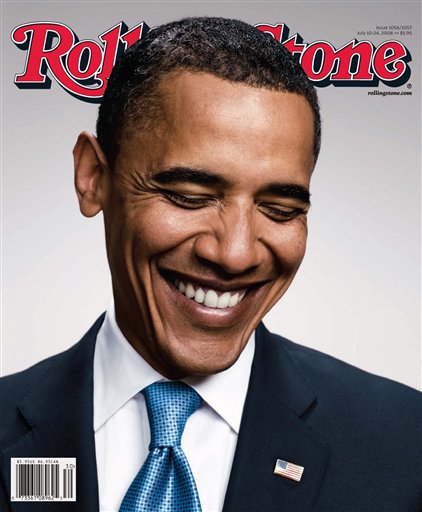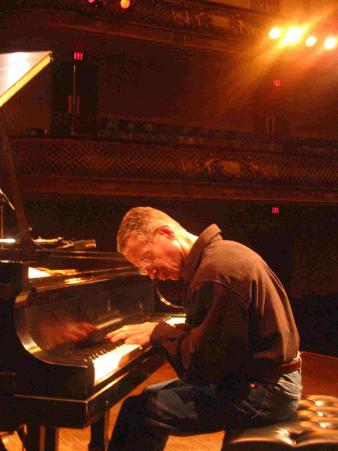
They call it their “Self-Improvement” issue, and while flying today from Richmond to Chicago, I read three especially good articles about the sorry state of our nation, each one a pretty good substitute for the sort of news and editorials that we’re no longer getting. Here are teasers from each one:
From “Revolt of the Elites” (unsigned) in The Intellectual Situation (p. 15):
“Who…is guility of elitism, if not the elitely educated in general? The main culprits turn out to be people for whom a monied and therefore educated background lies behind the adoption of aesthetic, intellectual, or political values that demur from the money-making mandate that otherwise dominates society.”
From “Caucasian Nation” by Marco Roth in Politics (p. 14):
“The robust case for dominating other people sounds awful to most American ears today. So the contemporary idea of ethnocracy relies instead on an opposite rhetoric of victimization. The simple-minded mantra we’re taught in grade school goes like this: blacks good because oppressed, whites bad because oppressors. So if whites suddenly became oppressed, even while remaining the majority, they would magically become good again. Many Americans are now being taught to think this way.”
From “The Two Cultures of Life” by Kristin Dombek in Essays (p. Read more

www.guardian.co.uk/commentisfree/cifamerica/2010/oct/24/obama-never-room-for-radical-change
This piece by Gary Younge appeared a little over a week ago but is still relevant. Here are two particularly salient passages:
It is not unrealistic to believe that a country as wealthy as the US should be able to provide healthcare for all, a dignified life for its elderly, an infant mortality rate better than Cuba’s, a life expectancy higher than Bosnia’s, a foreign policy that does not hinge on military aggression, and an economy where fewer than one in seven live in poverty. What is unrealistic is to believe that any of those things can be achieved, or even seriously tackled, with just a single vote.

Republicans will head to the polls to elect people who will actually cut jobs and support bankers. Democrats may well stay at home because their candidate has not made things better, and in so doing make things worse. Neither disaffection nor rage are electoral strategies. But in the absence of an alternative, frustration has political consequences.
November 3: American voters have spoken, and the message appears to be to leave Tomorrowland for Frontierland while remaining in the same Disney theme park, albeit this time without any tickets. Read more

http://www.slantmagazine.com/house/2010/10/new-york-film-festival-2010-certified-copy/
 Read more
Read more

Why did I book a ticket to this solo concert long in advance, even though I have yet to shell out for Paris/ London: Testament, the three-disc album he released last October, which the concert was meant to promote? I guess it’s basically a matter of not getting too many chances lately to see Jarrett live — meaning that I’m even willing to put up with an evening of his playing that’s mainly devoted to his relatively dull and uninspiring impromptu originals.
There’s always been a certain solipsistic side to some of Jarrett’s predilections as a performer. If memory serves, the last time I saw him live was at a Left Bank cave in Paris called La caméléon circa the early 70s, less than a block from my flat, and I can still remember how infuriated I was when he insisted on playing the flute — not especially well — during a large portion of his set. His stabs at performing classical music, no matter how “competent,” often seem comparably misguided. Similarly, when he chooses to go “free-form” nowadays and play some version of what used to be regarded as avant-garde jazz, I’d much rather hear Cecil Taylor than Jarrett’s much inferior version of that style. Read more






